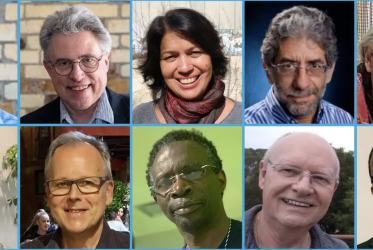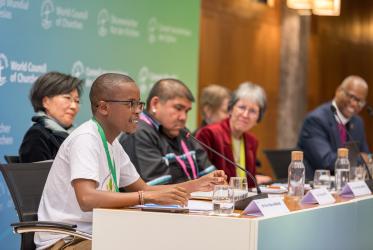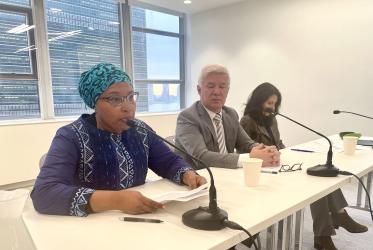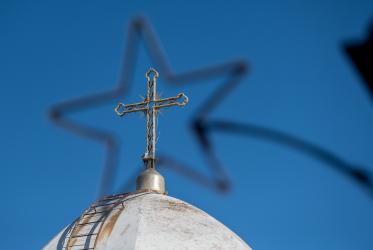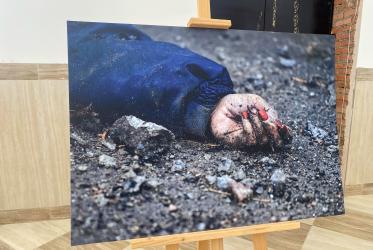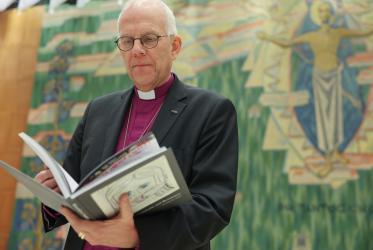Displaying 1 - 20 of 747
WCC at the Commission on the Status of Women
09 - 22 March 2024
What can churches do to prevent modern slavery?
22 February 2024
Ecumenical spirit moves Bossey students at mass with Pope Francis
01 February 2024
Messages of hope amid strife ring for New Year
11 January 2024
Tackling sexual violence in war
14 December 2023
